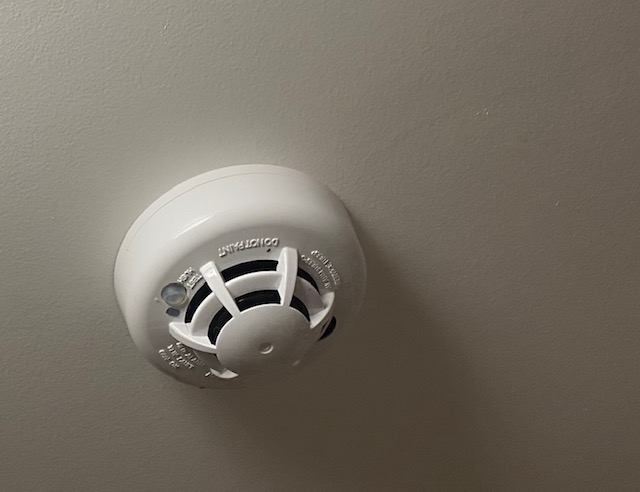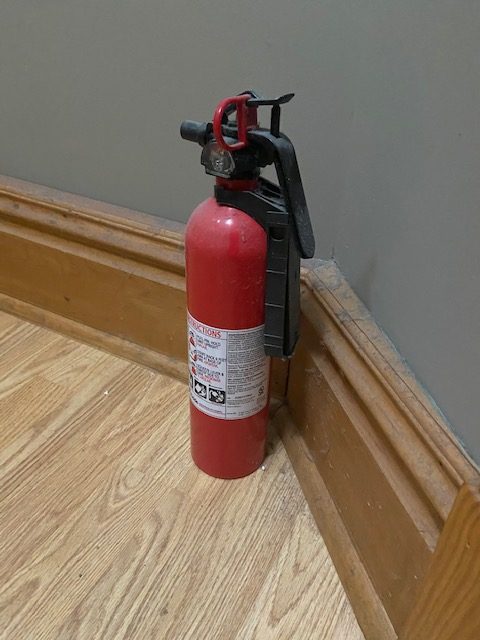The Problem of False Positives When Trying to Protect Your Website From Spam Comments on a WordPress Site
I've been running Dangerous Intersection since 2006, which now offers more than 7,000 posts. When you are not running your own website, there are a lot of things that you need not worry about. Technical issues often arise, and I've been doing my own tech work on my site. That sometimes means I need to spend significant time to figure out why a Wordpress configuration, a widget or a plugin isn't working correctly.
DI has generated a lot of comments over the years, almost 30,000 comments to date. It occurred to me today that there haven't been any comments for weeks. I carefully analyzed my WordPress setup and could not see any problem. No issues, which is typical of Wordpress, which is an amazing (and free) website platform.
Then I moved to my anti-spam protection plugin, Askimet, which has done a great job over the years. But not anymore. Recently, Askimet has been improperly identifying ALL of my incoming comments (even my own comments) as spam. I tried to figure out how to reconfigure, but couldn't. I have no intention of scanning thousands of spam comments each day (many millions of spam comments over the years) in order to identify the real comments, manually pulling them out of the "spam" folder. Thus, I thought, "Maybe it's time for a new form of comment spam protection."
I did some research and decided to install CleanTalk Anti-Spam, a comprehensive program with a delightfully easy installation. There is no Captcha involved. I don't quite understand how they do it, but it CleanTalk is a wonderful system with rave reviews on Wordpress and more than 430,000 installations. I'm not getting paid anything for recommending CleanTalk. I am writing this with the hope that others who are frustrated with the deluge of spam comments that you get when you run a blog will appreciate this option.
I've been testing out CleanTalk for the past fifteen minutes and it's working like a charm. CleanTalk is free for one year, then costs $8/year, which is more than reasonable, given how well the program works. I have no problem paying low prices for excellent services that will save me many hours over the year.



